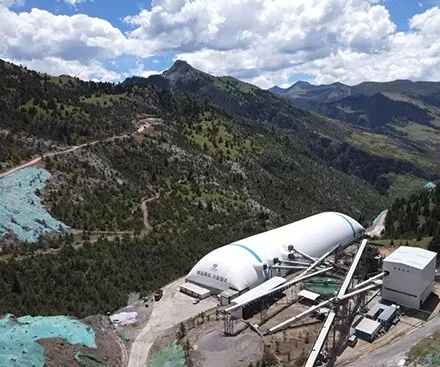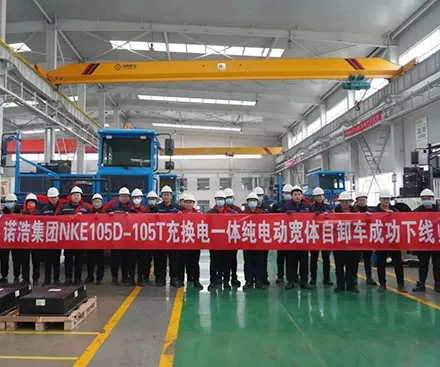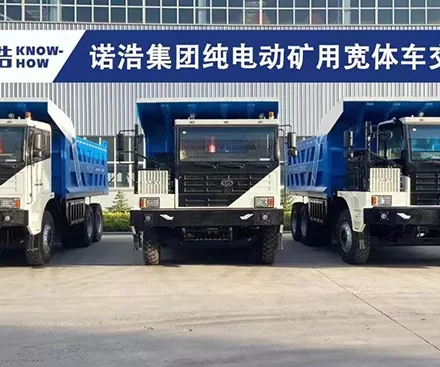Electric wheel loaders are a game-changer in the realm of construction work, offering a potent blend of power, efficiency, and environmental friendliness. These robust machines are designed to handle a multitude of tasks across construction sites, from loading and transporting materials to excavating and grading. Their transition to electric power has marked a significant shift in the construction industry, heralding a new era of sustainability and enhanced performance.
The primary advantage of electric wheel loaders lies in their significantly reduced environmental footprint compared to their diesel counterparts. By eliminating emissions, they contribute to cleaner air and a healthier work environment. With the global emphasis on reducing carbon footprints, electric loaders stand as an eco-friendly alternative, aligning with sustainability goals and regulations.
Electric wheel loaders boast impressive power and torque, enabling them to match or even exceed the performance of traditional diesel loaders. The instant torque delivery characteristic of electric motors provides swift acceleration and precise control, enhancing productivity on construction sites. Furthermore, their quieter operation creates a more conducive working environment.
Although initial investment costs might be higher for electric loaders, their operational expenses are substantially lower. Electricity is generally more economical than diesel fuel, leading to decreased ongoing expenses. Additionally, the maintenance requirements for electric loaders tend to be less frequent and less complex, resulting in reduced downtime and overall lower operating costs.
Electric wheel loaders offer versatility in various construction tasks. Their design allows for easy attachment of different tools and buckets, enabling them to handle diverse applications. From moving heavy materials like gravel and sand to performing precision tasks like grading, their adaptability makes them indispensable on construction sites.
The heart of an electric wheel loader lies in its battery technology. Advanced lithium-ion batteries, with their high energy density and efficient charging capabilities, are the primary power source for these machines. Continuous advancements in battery technology are extending their lifespan, reducing charging times, and increasing overall efficiency.
Many electric loaders incorporate regenerative braking systems, allowing them to recover energy during braking or deceleration. This reclaimed energy is fed back into the battery, enhancing overall efficiency and extending operating time. This innovation not only conserves energy but also contributes to a more sustainable operation.
Modern electric wheel loaders are equipped with telematics systems that enable remote monitoring of machine performance, fuel consumption, and maintenance needs. This connectivity aids in predictive maintenance, allowing for proactive servicing to prevent potential breakdowns and optimize machine performance.
A significant challenge in the widespread adoption of electric wheel loaders is the development of charging infrastructure. Construction sites, often in remote or dynamic locations, might lack the necessary charging stations or infrastructure, limiting the practicality of electric machines.
Although battery technology has improved, further innovations are needed to enhance energy density, reduce charging times, and extend battery lifespan. Breakthroughs in this field would significantly boost the capabilities and feasibility of electric loaders.
While the operational costs are lower, the initial investment for electric wheel loaders tends to be higher than their diesel counterparts. For broader adoption, reducing the upfront costs through incentives or technological advancements could be pivotal.
The construction industry's gradual shift towards sustainability and stringent emission regulations worldwide is driving the increased adoption of electric construction machinery. With governments offering incentives and subsidies for eco-friendly equipment, the market is witnessing a growing acceptance of electric wheel loaders among construction companies.
The future of construction work seems poised to be increasingly electrified, with electric wheel loaders at the forefront of this evolution. As technology continues to advance, addressing challenges and leveraging innovations, these machines are set to become more prevalent, revolutionizing construction practices while upholding sustainability and efficiency standards.

Jul. 23, 2022
View More
Jun. 15, 2022
View More
Jun. 01, 2022
View More